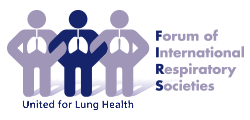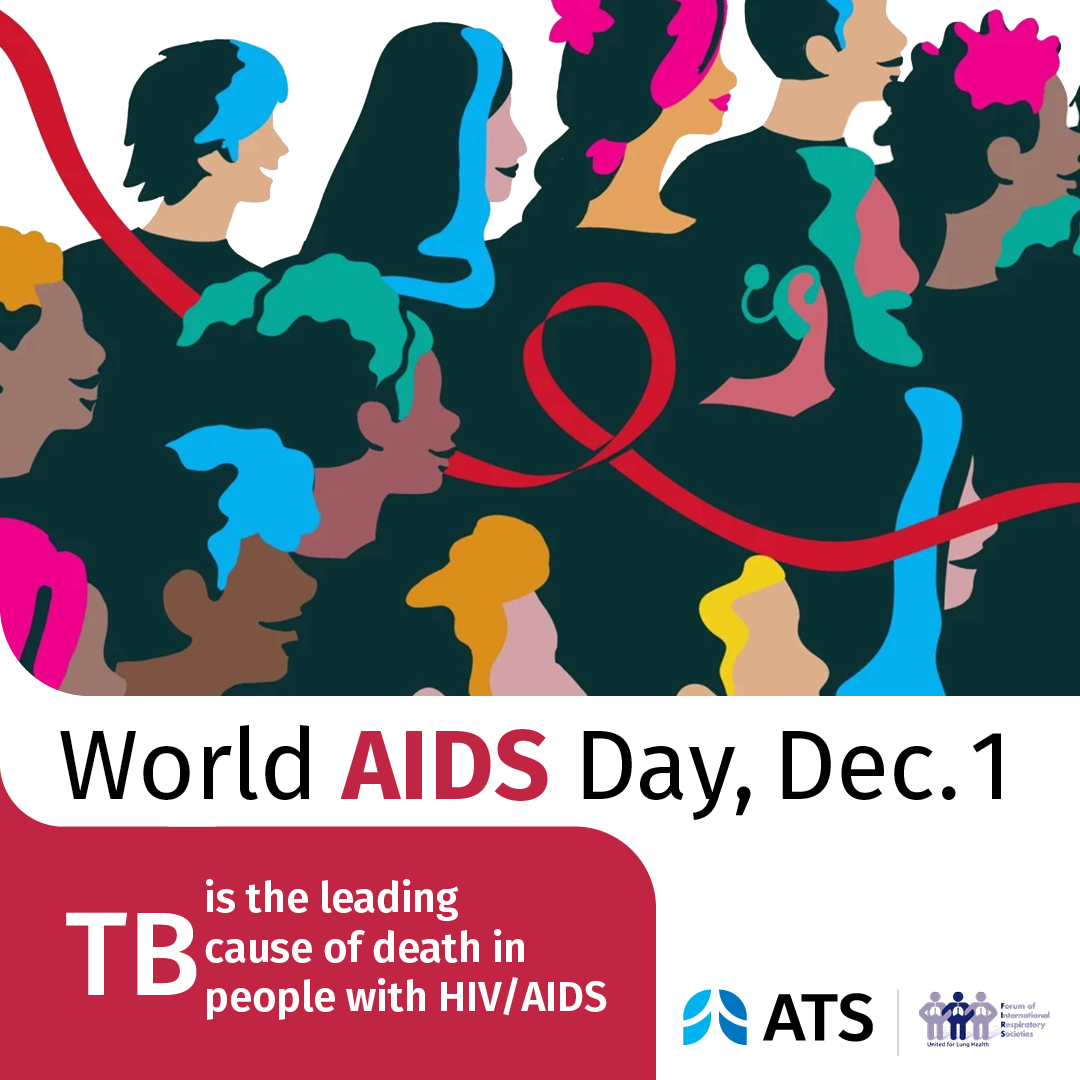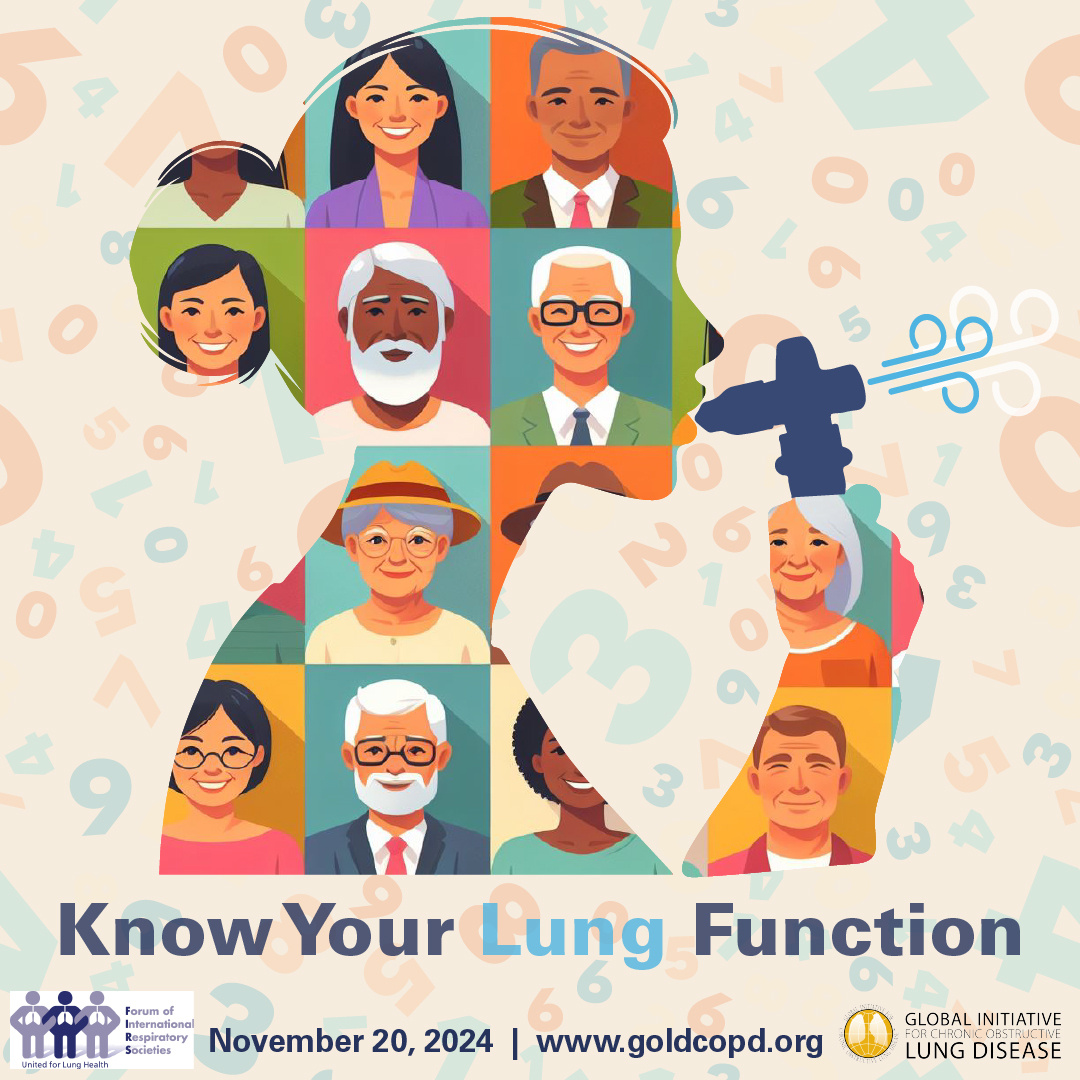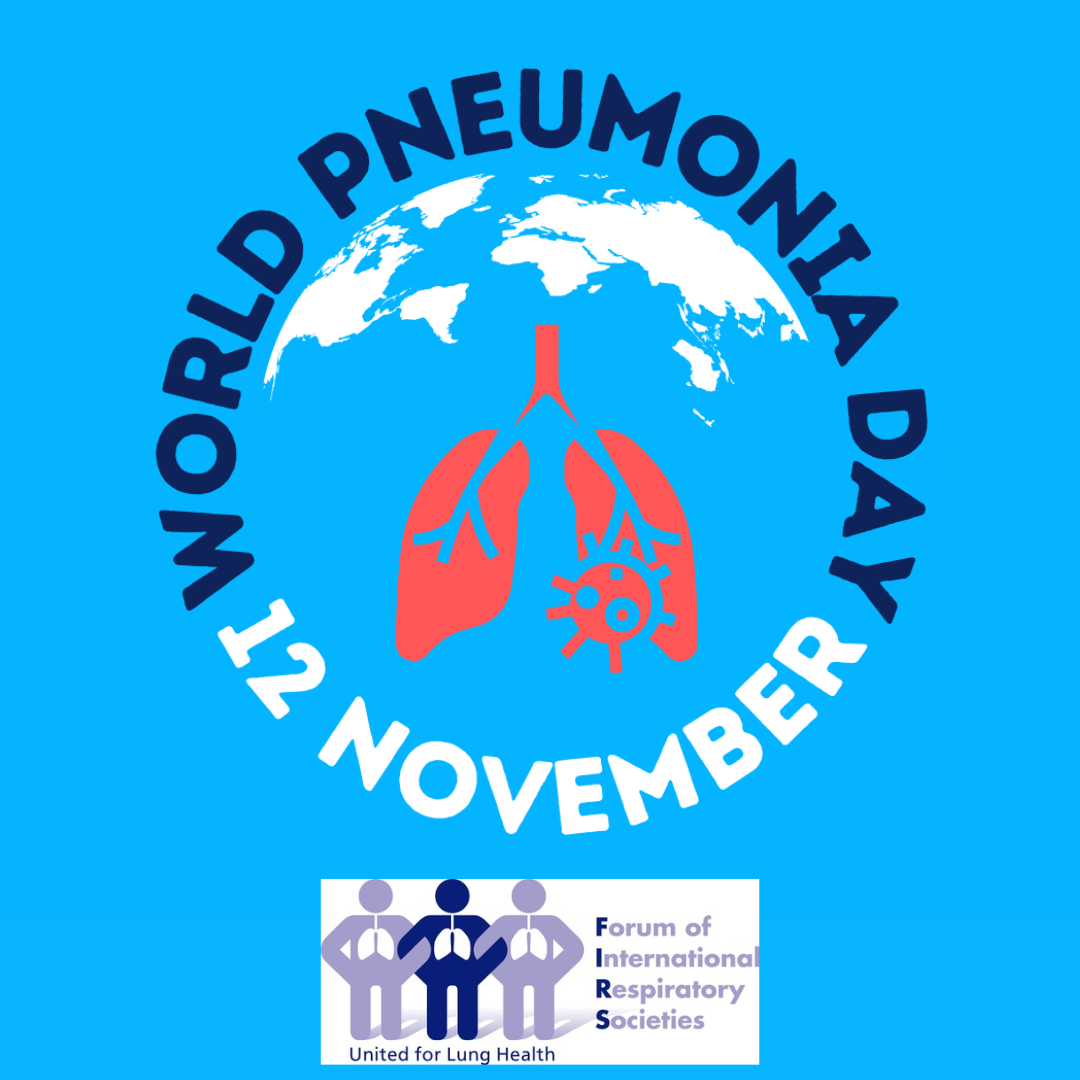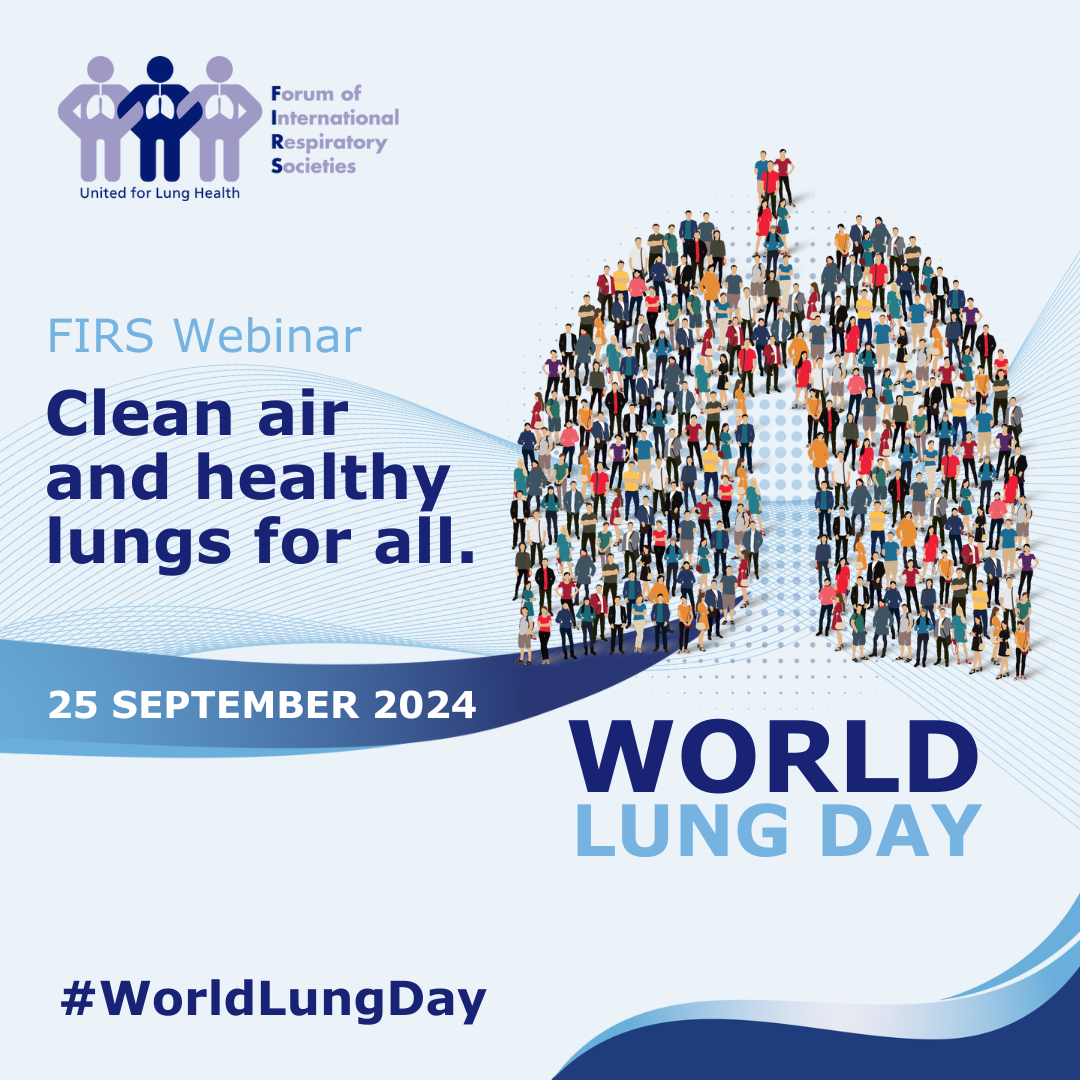25 September 2017 LAUSANNE – The Forum of International Respiratory Societies (FIRS) has coordinated the first World Lung Day, on 25 September, which asserts that the United Nations’ Sustainable Development Goals will not succeed without more attention to the burden of lung disease as outlined in their recent report The Global Impact of Respiratory Disease. FIRS calls for public support of respiratory health as a main action on World Lung Day.
“Respiratory diseases impose an immense worldwide health burden. Five of these diseases are among the most common causes of severe illness and death worldwide—COPD, asthma, acute lower tract infections, tuberculosis, and lung cancer. FIRS aims to raise awareness, improve prevention and control, and cure these diseases. Promotion of respiratory health must be a top priority in global decision-making in the public health sector. We hope World Lung Day will provide an opportunity for action, conversation, and awareness,” said Dean Schraufnagel, MD, Executive Director of FIRS.
Global public health goals must prioritize lung health:
- More than 65 million people suffer from COPD, the third leading cause of death worldwide–and the numbers are increasing.
- Asthma is the most common chronic disease of childhood, affecting 14% of children–and its prevalence in children is rising.
- Tuberculosis is the most fatal infectious disease, with 10.4 million cases and 1.4 million deaths annually–and this disease should not be.
- Lung cancer is the most common lethal neoplasm in the world–and the numbers are growing.
- Pneumonia has been among the top causes of death for decades–and is the leading cause of death in children under the age of five.
- Sleep apnea affects more than 100 million people–up to 10% of adults in certain settings.
- Occupational lung disease affects more than 50 million people–and workers continue to breath in sickening mineral dusts, bioaerosols, and fumes.
- Pulmonary hypertension occurs in 1% of the world’s population–and 10% of those over 65 years of age.
- Pulmonary embolism has an incidence reported to be at 6-20 per hundred thousand–but this grossly underestimated.
The lungs are the front line of environmental exposure: 2 billion people are exposed to indoor smoke; 1 billion inhale outdoor polluted air; and 1 billion are exposed to tobacco smoke.
Emergency preparedness must be centered on the lungs as so many causative agents are disseminated through the air. For example, outbreaks of viral pandemics hit the lungs first, and most chemical and biologic weapons enter the body through the lungs.
FIRS calls for these essential actions to reduce the burden of respiratory disease and improve global health:
- Increase awareness among the public and policy makers that respiratory health is a major component of global health;
- Reduce the use of all tobacco products through universal adoption of the Framework Convention on Tobacco Control;
- Adopt World Health Organization air quality standards to reduce ambient, indoor, and occupational air pollution for all countries;
- Promote universal access to quality health care, essential medicines, and immunizations;
- Improve early diagnosis of respiratory diseases through increasing public awareness of lung health and disease;
- Increase training of health professionals worldwide in respiratory disease;
- Standardize the monitoring and management of respiratory diseases with evidence-based national and international strategies; and
- Increase research to prevent and treat respiratory diseases.
“While respiratory disease has a tremendous impact on the world’s population, it also is largely preventable,” concluded Dr. Schraufnagel. “Investing the resources necessary to prevent and cure these diseases is a cost-effective investment that benefits the entire world. Public policy makers in the healthcare sector need to recognize the size of the problem and take concrete steps now to improve global lung health.”
To learn more about World Lung Day and how individuals can support this effort, please visit www.firsnet.org.
About the Forum of International Respiratory Societies
The Forum of International Respiratory Societies (FIRS) is an organization consisting of the world’s leading international respiratory societies working together to improve lung health globally: the American College of Chest Physicians (CHEST), American Thoracic Society (ATS), Asian Pacific Society of Respirology (APSR), Asociación Latinoamericana De Tórax (ALAT), European Respiratory Society (ERS), International Union Against Tuberculosis and Lung Diseases (The Union), Pan African Thoracic Society (PATS), Global Initiative for Chronic Obstructive Lung Disease (GOLD), and Global Initiative for Asthma (GINA). The goal of FIRS is to unify and enhance efforts to improve lung health through the combined work of its organizations and their more than 70,000 members globally. Learn more at firsnet.org.
